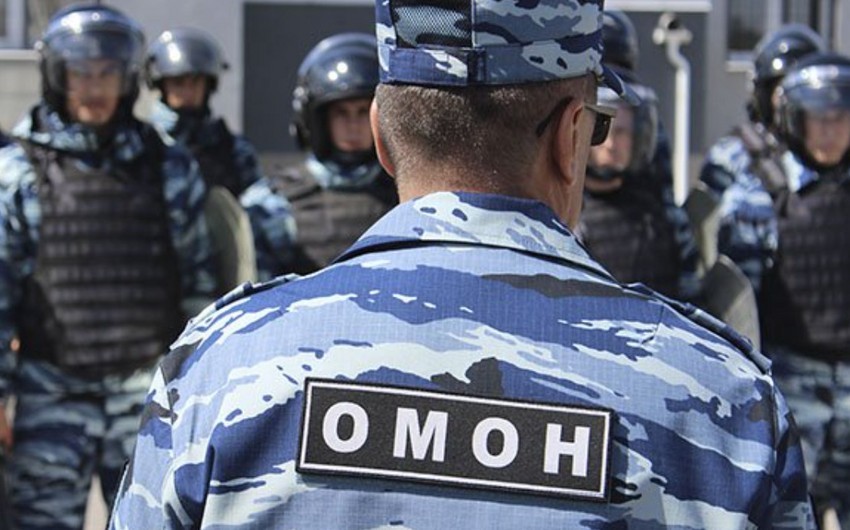Is poorer blood sugar control associated with a reduced capacity to lose heat during exercise in hot conditions for people with type 2 diabetes?
Poor blood sugar control could be associated with higher core body temperature and increased heart rate for physically active men with type 2 diabetes. The research published in Experimental Physiology found that while a common marker of long-term blood sugar control, haemoglobin A1c (also called glycated haemoglobin), was not associated with differences in the amount of heat lost from the body, heart rate rose by six beats per minute and core body temperature increased by 0.2°C with each percentage point rise in haemoglobin A1c (from 5.1% to 9.1%) in men with type 2 diabetes during cycling in a heated chamber.
People with type 2 diabetes can have a reduced ability to lose heat, which can heighten their risk of developing a heat-related injury during a heat stress. However, the cause of the reduced capacity to dissipate heat is not well understood. This health issue is becoming more relevant as countries around the globe experience more frequent and enduring temperature extremes as well as hotter average summer temperatures, such as the global heat waves of 2022.
Researchers from University of Ottawa, Canada sought to identify whether blood sugar control affects the body’s ability to lose heat during exercise in the heat. Although worse blood sugar control did not seem to impair whole-body heat loss, the association between chronically elevated blood sugar (indexed via haemoglobin A1c) with higher body core temperatures and heart rate could implicate its role in thermoregulation. Importantly, this effect did not appear to be related to the physical fitness of the participants. The findings suggest that among people with type 2 diabetes, poor blood sugar control could lead to a greater risk of reaching dangerously high core body temperatures and greater strain on the heart during physical activity in the heat. However, more research is needed to confirm this link and understand why these impairments are observed even when heat loss is not compromised.
Dr. Glen Kenny, University of Ottawa, Canada, who leads the team said,
“Previous research showed ageing is associated with a decay in the body’s ability to dissipate heat, which is more pronounced in individuals with type 2 diabetes. However, it remained unclear to what extent long-term blood sugar control may mediate this response. By examining whole-body heat exchange using our one-of-a-kind whole-body air calorimeter (a device that provides a precise measurement of the heat dissipated by the human body), we were able to gain a better understanding of the association between long-term blood sugar control and the body’s physiological capacity to dissipate heat in individuals with type 2 diabetes.”
Regular exercise is generally recommended to manage and improve blood sugar control. However, rising global temperatures and enduring heat waves make it challenging for people living with type 2 diabetes to manage the disease because current health guidelines advise to avoid exercising in hot weather. People with type 2 diabetes are also at greater risk of heat-related stress, the risk of which increases with age.
The researchers monitored blood sugar control by measuring the proportion of glycated haemoglobin in the blood. This is haemoglobin (a protein molecule in red blood cells that carry oxygen) with sugar molecules attached to it and reflects the last approximate 3 months of blood sugar control. A normal healthy glycated haemoglobin level is 4-6%, while a good level for an individual with diabetes is ≤7%.
26 physically active men aged 43-73 years, who had been diagnosed with type 2 diabetes for 5 years or more, performed an exercise heat stress test, which involved cycling in the calorimeter set to 40°C. After 30 minutes of seated at rest, they completed three 30-minute bouts of cycling, with 15-minutes rest period in between each bout, at light, moderate, and vigorous exercise intensities. Intensities were set based on a fixed rate of metabolic heat production relative to body size, so that each participant was given the same heat load and therefore amount of heat to lose.
The researchers caution that the findings are based on a male-only cohort of physically active individuals (at least 150-minutes of exercise per week). This might not represent the most heat-vulnerable among those living with type 2 diabetes. Further investigations are needed to understand the changes in the body’s physiological capacity to dissipate heat when sedentary and more vulnerable individuals exercise in the heat.
Dr. Glen Kenny, University of Ottawa, Canada, said,
“Type 2 diabetes is associated with higher rates of heat illness and death during heat stress when compared to the general population. By defining the levels of heat stress where diabetes-related impairments in the body’s ability to lose heat cause dangerous increases in core temperature, we can provide better heat-protection advice to safeguard the health and well-being of these heat-vulnerable individuals. This includes guidance that can assist their health-care providers to manage heat stress in their patients who may be engaged in leisure, athletic activities or job-related activities in the heat.”









